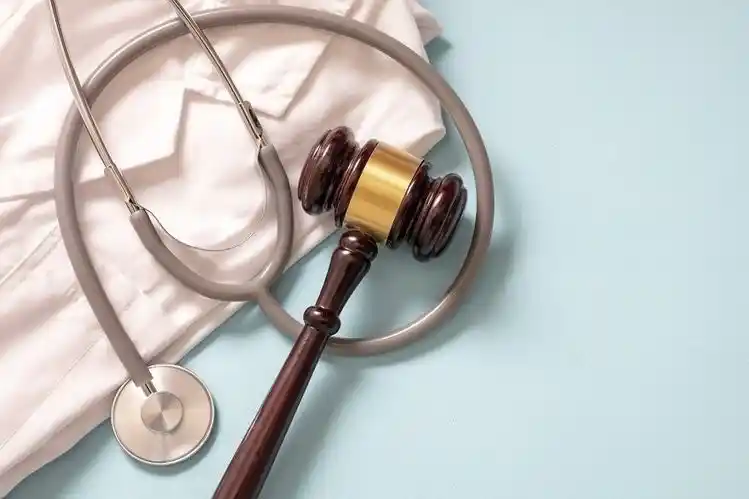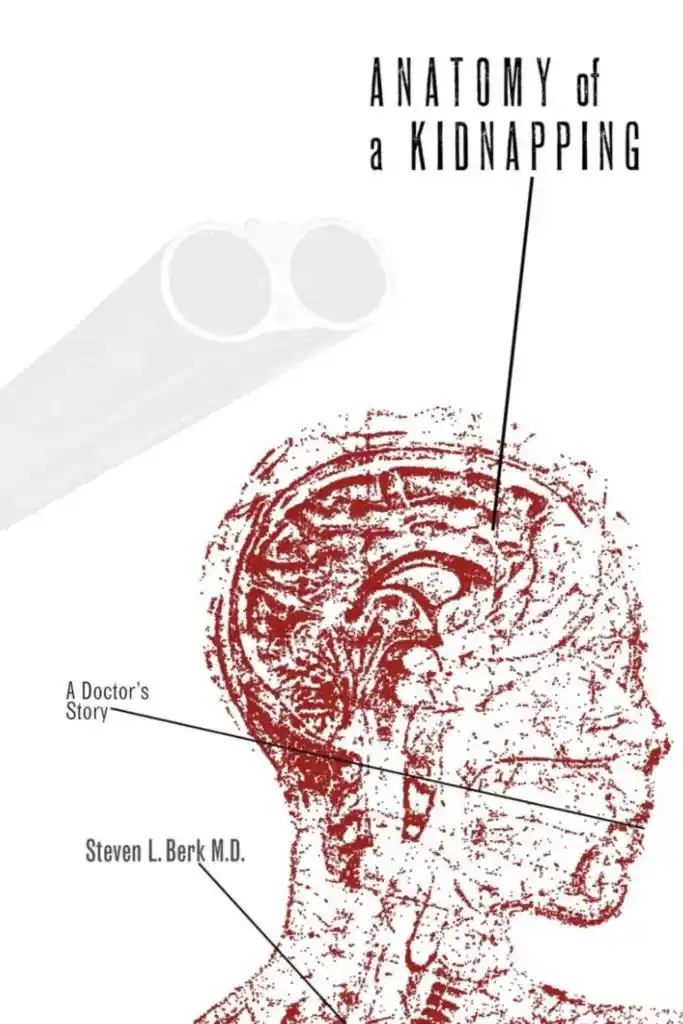In this article, you’ll explore the unsettling reality of medical kidnapping, where medical authorities or professionals remove a patient from their family’s care. We’ll delve into the reasons behind these actions, and the legal and ethical debates surrounding this controversial issue. Understanding these elements is crucial for grasping the full scope of medical kidnapping and its implications.
Table of Contents
What is Medical Kidnapping
Medical kidnapping is a controversial term used to describe situations where parents are accused of medical child abuse or neglect and have their children removed from their custody by Child Protective Services (CPS) or similar agencies, often at the instigation of medical professionals. It occurs when there is a disagreement between parents and medical providers regarding a child’s diagnosis or treatment plan.

Various Circumstances Leading to Abductions
These cases can arise from a variety of circumstances:
- Disputes over Diagnosis: Parents may disagree with a diagnosis given by a doctor, especially in complex cases where there are differing opinions, or the diagnosis is rare.
- Disagreement on Treatment: Parents might refuse a recommended treatment due to concerns about its effectiveness, side effects, or invasiveness. This could include disputes over surgeries, medications, or experimental therapies.
- Alternative Treatments: Parents may choose alternative or complementary therapies instead of conventional treatments, leading to accusations of neglect or endangerment.
The consequences of medical kidnapping can be devastating for families. Children are separated from their parents and placed in foster care or medical facilities, often experiencing trauma and disruption to their lives. Parents lose custody and decision-making authority over their children’s medical care. These cases can also lead to lengthy legal battles and significant financial strain for families.
Complexities of Medical Kidnapping
The issue of medical kidnapping is complex and controversial, with strong opinions on both sides.
- Advocates for Parental Rights: argue that parents have the right to make decisions about their children’s medical care and that removing children from their homes should be a last resort. They believe medical kidnapping violates parental rights and can harm children’s well-being.
- Child Protection Advocates: contend that medical kidnapping is necessary to protect children from harm when parents refuse or neglect necessary medical treatment. They believe that the state has a responsibility to intervene when a child’s life is at risk.
Legal and ethical considerations
Legal and ethical considerations surrounding medical kidnapping include:
- Balancing Parental Rights and Child Welfare: Finding the right balance between respecting parental autonomy and protecting children’s well-being is a central challenge.
- The Role of Medical Professionals: Medical professionals have a duty to advocate for their patients’ best interests, but their influence in reporting suspected child abuse can sometimes lead to conflicts with parents.
- Due Process Concerns: Cases of medical kidnapping often raise concerns about due process, as parents may feel their rights are violated and they don’t have adequate opportunities to defend themselves.

Resources and Organizations:
Several organizations work to raise awareness about medical kidnapping and advocate for families:
- National Safe Child: A non-profit organization dedicated to preventing child abuse and protecting children’s rights.
- The Family Freedom Project: An organization that supports families involved in medical kidnapping cases.
- Medical Kidnapping: A Threat to Every Family in America Today (book): A book by Brian Shilhavy that explores the issue of medical kidnapping.
The term “medical kidnapping” is not a legal term and is often used by advocacy groups to highlight what they see as overreach by the state in medical child abuse cases. It’s essential to consider the perspectives of all involved parties and understand the complexities of these cases.
Additional “Kidnapping” Crime Stories
- Was Rainn Peterson Kidnapped?
- Ariel Castro Kidnappings: Inside the Cleveland Abductions
- Junko Furuta: A Shocking Tale of Suffering and Justice
- The Kidnapping of Colleen Stan: The Girl in the Box
Read ” Medical Kidnapping: A Threat to Every Family in America Today”

Medical Kidnapping: A Threat to Every Family in America Today by Brian Shilhavy: This book explores the issue of medical kidnapping through the stories of families who have had their children removed from their custody due to disagreements with medical professionals over diagnosis and treatment.
Read “Anatomy of a Kidnapping: A Doctor’s Story”

Anatomy of a Kidnapping: A Doctor’s Story by Steven L. Berk: This memoir recounts the author’s experience of being kidnapped and how his medical training helped him survive the ordeal. While not directly about medical kidnapping, it offers insights into the psychology of both victims and perpetrators.
FAQs
How does a medically kidnapped case impact a child emotionally and psychologically?
Being removed from their home and family can be traumatic for a child. It can lead to feelings of confusion, fear, and distress. The emotional and psychological impact can be significant and long-lasting, especially if the child perceives the removal as unjust or if the process is prolonged.
Are there any specific support services available for victims of abduction?
Yes, there are support services available, including crisis intervention teams, victim support organizations, and psychological counseling to assist victims and their families in coping with the trauma.